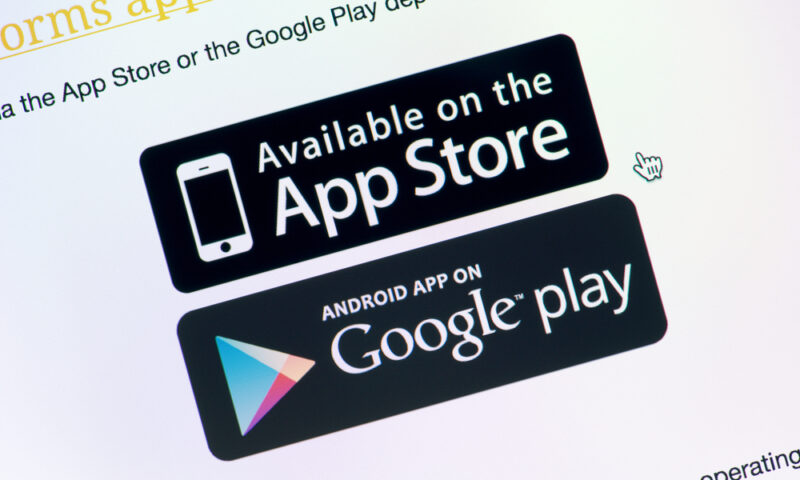Texas Becomes the Second State to Implement Age-Verification Laws for App Stores
The state law aiming to improve online safety for children will go into effect on Jan. 1, 2026.

Despite opposition from Apple and Google, Texas Governor Greg Abbott signed the SB 2420 bill into law on May 27, 2025. This makes Texas the second U.S. state, after Utah, to enact age-verification laws in the effort to protect minors online.
The Texan law would require app stores to verify the age of Texan users, and minors under 18 years old would need parental consent to download apps and make in-app purchases.
Who Is Responsible: App Stores vs Apps?
Lawmakers, industry experts and tech giants are having an ongoing debate on the best way to protect children online: whether age verification and parental oversight should be the responsibility of the apps themselves on a case-by-case basis, or applied in a more blanket approach, with app stores verifying users’ ages.
Last week The Wall Street Journal reported that Apple CEO Tim Cook called Governor Abbott the week prior in the attempt to change the legislation or veto the bill.
“We believe there are better proposals that help keep kids safe without requiring millions of people to turn over their personal information,” said an Apple spokesperson to the BBC.
Meanwhile, Meta, X and Snap – all companies with an interest in this responsibility falling on app store operators rather than the app publishers themselves – released a joint statement that voiced support for Texas’ law. “Parents want a one-stop shop to verify their child’s age and grant permission for them to download apps in a privacy-preserving way. The app store is the best place for it, and more than one-third of US states have introduced bills recognizing the central role app stores play.”
Federal Protection for Children
In contrast to the state-level bill, the proposed Kids Online Safety Act (KOSA) federal law would put the responsibility of child protection on the online platforms (like Meta, X and Snap), rather than the app stores, which has earned it the support of Apple.
KOSA was reintroduced in the Senate in May after stalling out last year, despite having overwhelming bipartisan support.
If KOSA was passed into law, children under 13 years old would not be able to create or maintain social media accounts. It also calls for “duty of care,” meaning the platforms would need to take steps to protect minors from potentially harmful interactions, such as cyberbullying, self-harm content, sexual exploitation and substance abuse.
However, without a federal law in place, some states — like Utah and Texas — have pushed forward with their own regulation.

